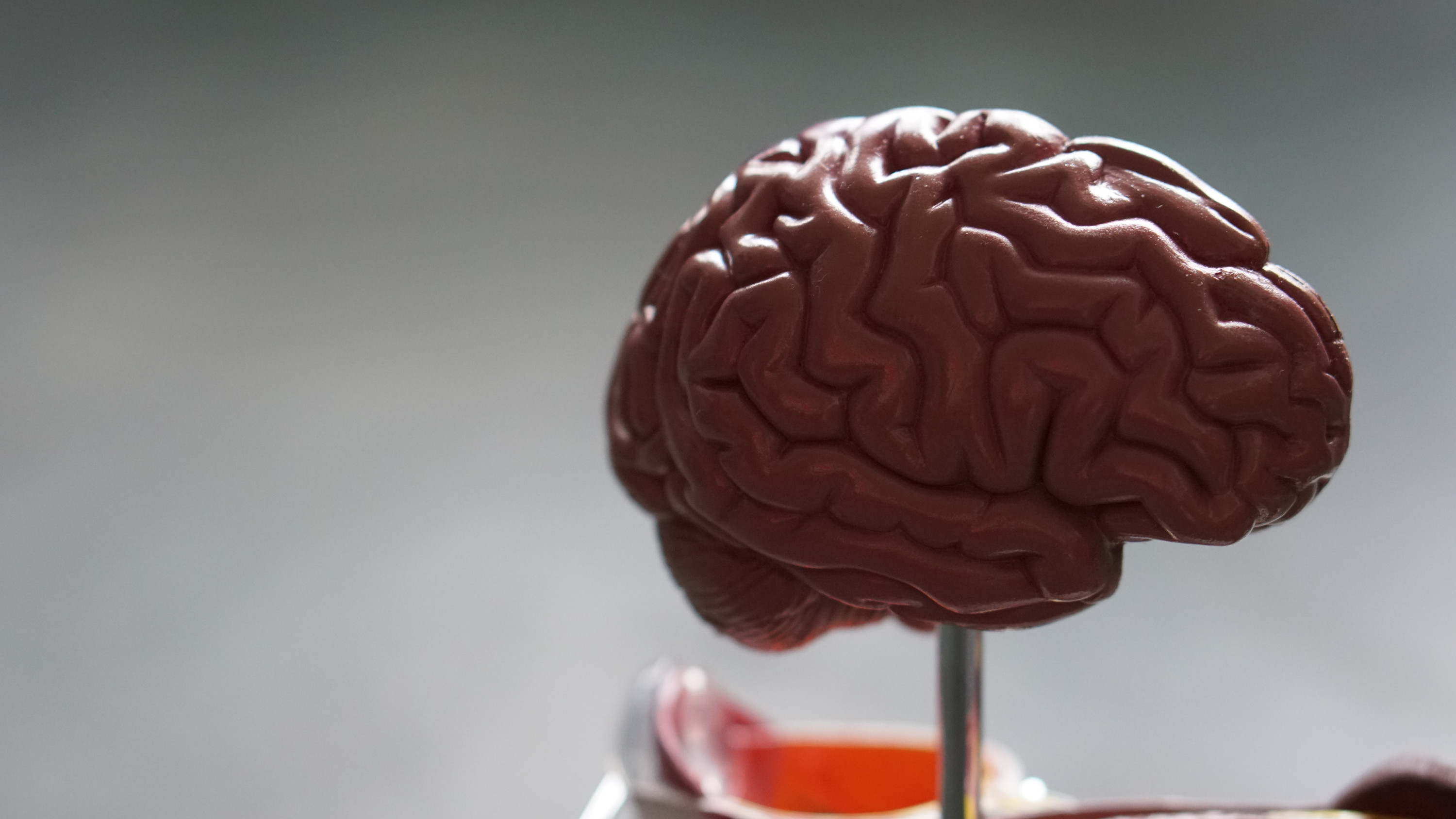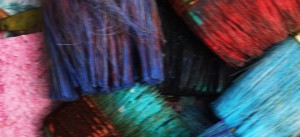Experimental Design in Neurobiology

At a Glance
Discipline
- STEM
- Biology
Instructional Level
- University
Tasks in Workflow
Social Plane(s)
- Individual
- Group
- Whole Class
Type of Tasks
- Analyzing
- Reviewing & assessing peers
- Creating & designing
- Writing
- Presenting
- Experimenting & conducting inquiry
Technical Details
Useful Technologies
- Laboratory with necessary equipment
Class size
- Small (20-49)
Time
- Multiple class periods (2-3 classes)
Instructional Purpose
- Exploration & inquiry
Overview
This activity was created to enable students to become independent researchers in a laboratory setting, and takes four weeks to complete. Over the course of a semester, students perform the activity three times, working with a different model organism each time: C. elegans, rodents, and Drosophila. The material covered in the lecture component of the course provides students with background information on relevant theories and experimental techniques that they will use to complete the activity.
Students begin by conducting a literary search and identifying an outstanding neurobiological question they would like to answer. Using lecture material and the experiments they practice in the lab component of the course, students design their own experimental plan to address their neurobiological question. They then perform their experiments, analyze the results, and come up with an answer to their question based on their data. Frequent feedback from the instructor, teaching assistant and peers ensures that students have sufficient guidance throughout the activity.
Instructional Objectives
This course is intended to provide students with an understanding of the scientific method through the lens of neurobiology. Students will learn how to identify a research question from scientific literature, design and carry out experiments to address that question, and to come up with a plausible answer based on their experimental results. By carrying out the scientific method themselves, students gain a deeper understanding of how experimental evidence relates to established facts in neurobiology.
Workflow & Materials

Activity Workflow
Applied Strategies
Published: 18/09/2018
Copyright: © 2025 Dent. This is an open-access article distributed under the terms of the Creative Commons Attribution License (CC BY). The use, distribution or reproduction in other forums is permitted, provided the original author(s) and the copyright owner(s) are credited and that the original publication on this website is cited, in accordance with accepted academic practice. No use, distribution or reproduction is permitted which does not comply with these terms.

